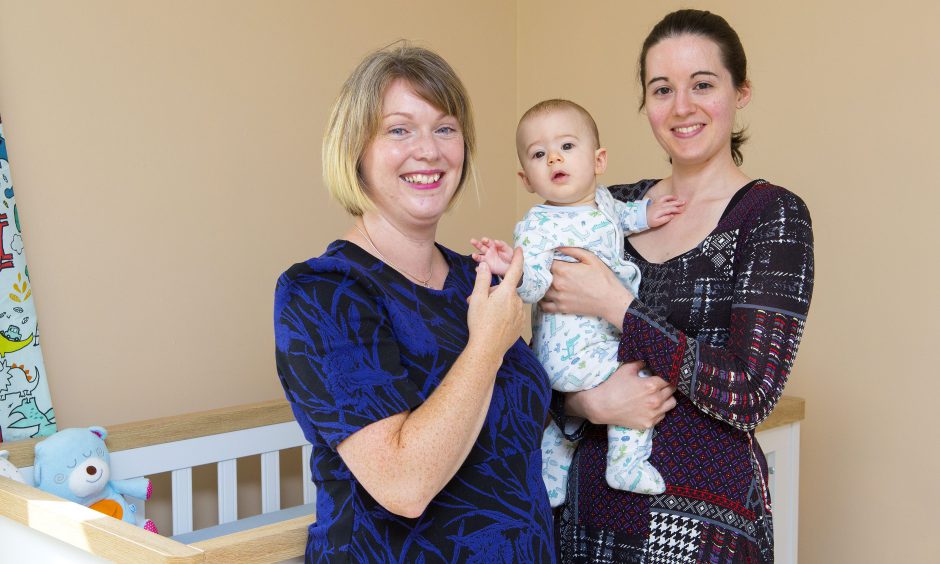 When sleep habits are quite habitual, and everybody is tired, it can feel quite overwhelming to tackle everything at once. You could try addressing the easy things first, and re-assess your progress. As a parent, experiencing what feels like endless unsettledness after your baby wakes up from their sleep in the night or takes short unpredictable naps in the day can be demoralising. I know all too well about those feelings of worry and not knowing how your baby’s sleep (and your own sleep) will improve. Once I got to grips with the different developmental stages and how they affect sleep, it was reassuring and helped me understand (and accept) the progress and changes my baby was going through.
I feel that it matters we explore the difference between Sleep Training and Sleep Consultancy (as defined me, Nadia Edwards, Baby & Toddler Sleep Coach in Scotland, Fife). Why? well for one, most people think they are the same thing and that all professionals who support families to achieve better sleep use sleep training techniques. This isn’t always the case, or is depending what you class as ‘training’ for example some argue that rocking a baby to sleep is sleep training, training baby to fall asleep in a particular way.
For overtired parents who can’t seem to get their kids on a healthy sleep schedule, the promise of a magic pill can be pretty enticing, and recently the news that day-care teachers over the pond laced gummy bears with melatonin to help with naps really shocked me.
I can clearly remember, like most mothers I’m sure, the very moment I gave birth to my first child. I was absolutely buried in feelings of love and gratitude.
And then, about ten to fifteen seconds later, I was equally buried in advice, suggestions, and information - actually it started as soon as we announced we were expecting and was slightly worse with my second child! This was all thrown at me with the best intentions, but it was overwhelming nonetheless. I can’t imagine the number of times I heard the words, “You should,” “You’ll want to,” and “You’ve got to.” If there’s no such number as a “kajillion,” it should be created specifically in order to measure the number of suggestions a new mother receives in her first year of motherhood. |
Categories
All
|
Site Links |
Copyright © - Nadia Edwards 2024, 3 Northbank Road, Cairneyhill, Dunfermline, Fife, KY128RN | Sitemap







